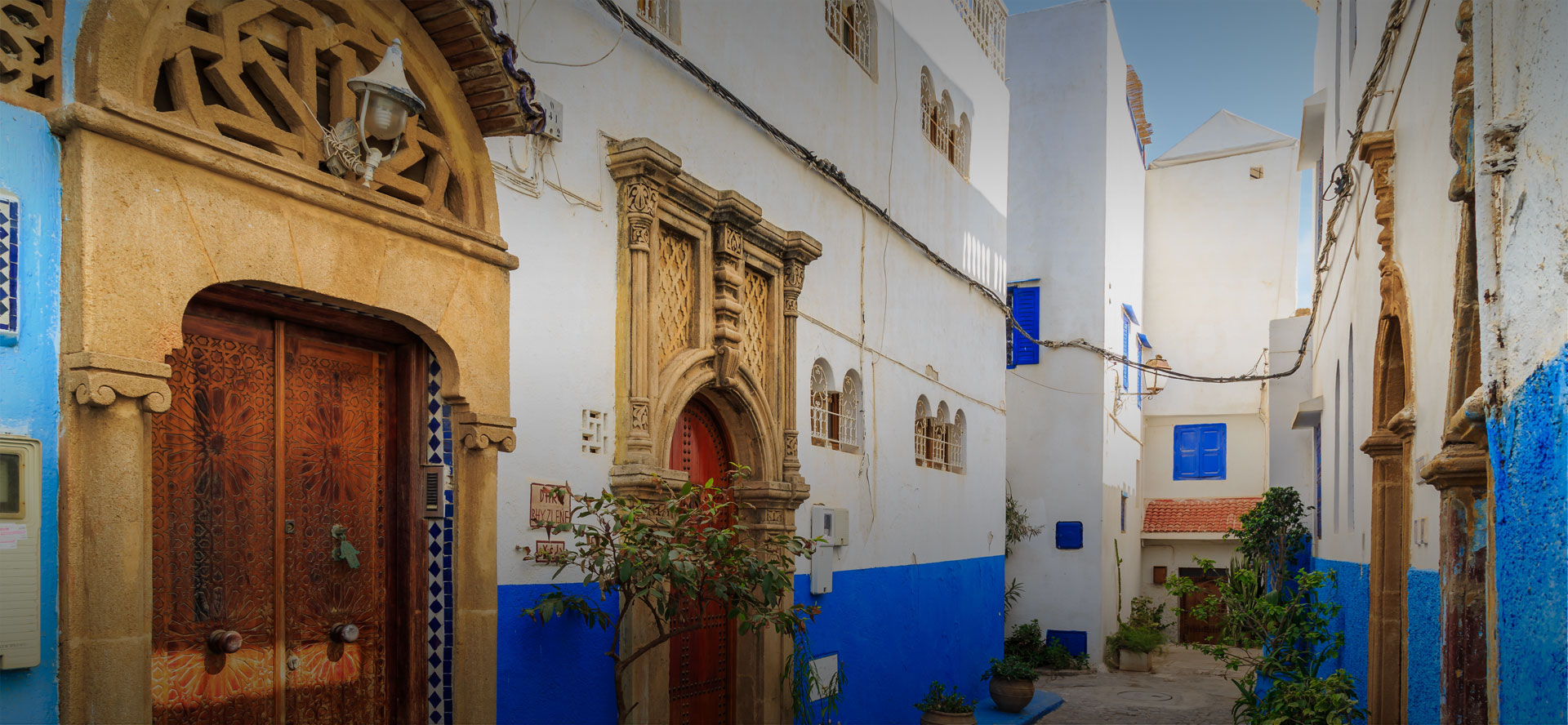Academics
Capitalize on the opportunity to study provocative topics from the perspective of three unique cultural and linguistic frames of reference. APA Multi-Country: France, Morocco, Senegal provides a tightly woven curriculum expertly designed to create global citizens capable of detailed analysis, research and an understanding of three different and important French-speaking worlds.
Students take a total of 4 courses throughout the program with 4 weeks of classes in each of the 3 cities.
Students all take one common course: "Introduction to France, Morocco and Senegal: Three Worlds, One Language". This course presents the historical, geographical, socio-economic and cultural context of each country. This course is concentrated in the 1st week to provide students with the foundation to better appreciate and take full advantage of their 3 other courses. Please note that a minimum of 4 students are required for a course to be opened.
Each course provides an exclusive opportunity to understand historical, economic and cultural topics through multi-disciplinary approaches. Leading professors in their fields have carefully designed and teach a semester-long program divided into three equal parts that investigate complex themes pertinent to these three locations.
Understanding the difficulty of fully grasping intricate universal themes in one location, APA Multi-Country: France, Morocco, Senegal offers a selection of comparative courses. Each professor leads their students through an interdisciplinary course across the three sites by sharing their knowledge in the local context. Assessment is conducted at each site and evaluated by the cohort of professors.
An identical methodology is applied for each course in each city, emphasizing exchange and participation. An academic excursion or a guest speaker is planned in each city for each course.
After participating in this unique semester program, students will be able to:
1) Undertake active research and reflection in Paris, Rabat and Dakar crucial for honing skills needed for most future careers in the global workplace.
2) Synthesize, evaluate and interpret the theoretical framework for vital topics (immigration, identity, development, religion, gender, art and culture.)
3) Acquire the ability to express themselves in the French language with greater understanding of its use as a primary and secondary language.







